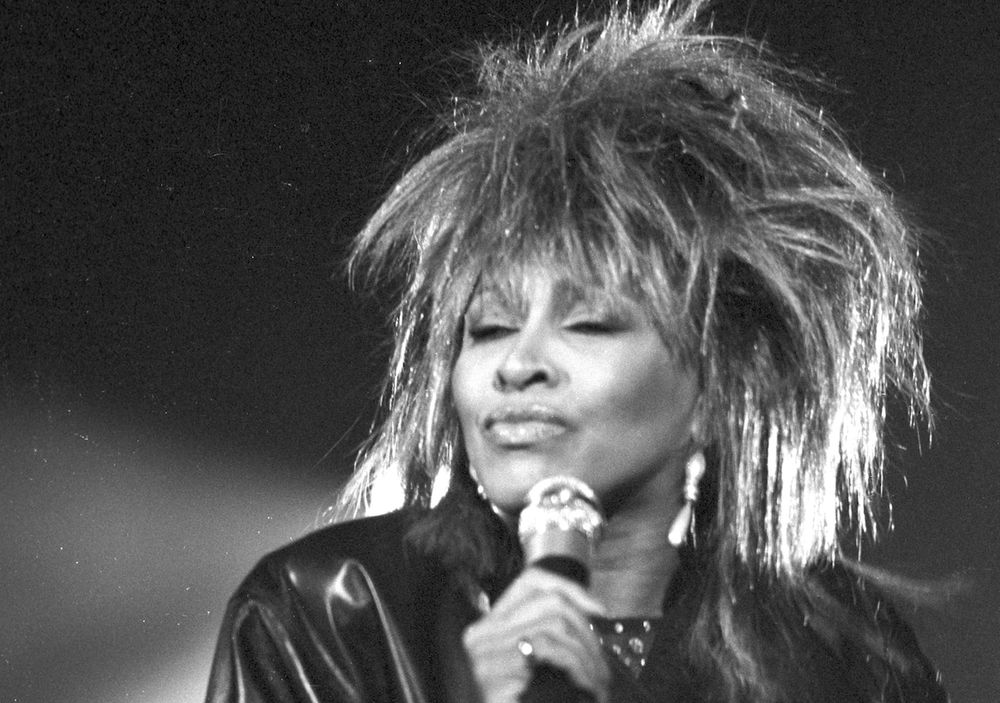As a young teenager, I worshiped Tina Turner without knowing how or why she was such a legend. All I knew—as I wore out the Private Dancer cassette I owned and watched her MTV videos—was that she had the greatest raspy-butter voice I'd ever heard, and her presence on camera and in her songs was one of a woman who commanded respect. Turner, the legend, died Wednesday in Switzerland at the age of 83 after dealing with a series of health issues.
I also thought it was ridiculously cool that she got to play a badass apocalypse warrior queen in Mad Max: Beyond Thunderdome (and the song was great, too). What I didn't know until much later was that I was just one fan in a miraculous career second act. I didn't know what a big deal she was decades earlier with hits like "Proud Mary" and "Baby, Get It On." But, like a lot of latter-day fans, I began to learn a lot more about why her '80s comeback was so significant with the release of her autobiography (with MTV News reporter Kurt Loder) I, Tina in 1986. The 1993 movie of her life, What's Love Got to Do With It?, immortalized the tale of her rise with Ike Turner and her escape from abuse.
As more people learned about the pain that kept her out of the spotlight for so long until her miraculous '80s return, the abuse and the Angela Bassett/Laurence Fishburne portrayals of Tina and Ike began to be what a lot of people thought of first and remembered when they thought about Tina Turner. (A scene from the aforementioned biopic that depicts Fishburne in character has long been a recurring meme.) And that's a shame. Because there was so much more to the singing, dancing, writing, and public persona of Tina Turner—always energetic, always a force of nature—that to reduce her to a survivor narrative does her legacy a huge disservice.
Already, just after her death, the disgusting memes are already being generated and passed along by people who probably don't know any better. These were tasteless while Tina Turner was still with us—they're even worse now. The awful online behavior is a microcosm of the extent some will go for jokes and retweets at the expense of real people.
Related: How Future Became the Internet's Favorite Toxic Meme
To cite "Alien Pedestrian." on Twitter, Turner didn't want her life to be reduced to an abuse story, and it would be a shame if the second wave of news about her death—all the think pieces and legacy examinations—were to focus on Ike's treatment of her and her survival rather than the tremendous body of work (and, frankly, tremendous body) of Tina Turner herself. He writes, "Please dont turn Tina Turners passing into a 'who can get the first viral tweet about her abuse' type thing. She was very adamant about the fact that she did not want her abuse to come up every time she was discussed. She definitely would not want her death shrouded by it."
We couldn't agree more. Tina was a brilliant artist beloved around the world, and we've already seen what happens when even celebrities as powerful as Jay-Z make a crass comment about her abuse (as he did on Beyoncé's "Drunk in Love" back in 2013).' It doesn't go well.
Focus on the woman, not the abuse. She rose above it and left it far behind. So can we.
